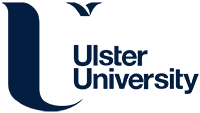Treatments
LASEK / TRANS-PRK
LASEK (Laser Assisted Epithelial Keratomileusis) and TransPRK (Transepithelial PhotoRefractive Keratectomy) are two forms of laser eye surgery where treatment takes place on the surface of the eye.
Either of these techniques are used to treat short-sightedness (myopia), long-sightedness (hyperopia) and astigmatism. These surface treatments are more useful for patients with thin corneas and other epithelial / surface problems.
With LASEK the epithelium is peeled back before the excimer laser reshapes the corneal stroma. It is more suitable for patients with thin corneas. In TransPRK, the excimer laser removes the epithelial surface before remodelling the stroma.
The surface epithelial cells regrow after 1-2 days. During this time the eyes may be sensitive to light and sore. You will be given anaesthetic eye drops and oral analgesia to help during this period of the recovery. The vision may be blurred for the first few days but this improves quickly and may continue for several weeks.
Book a Consultation
At a glance
Treatment Time
10 minutes per eye
Treatment Anaesthesia
Topical anaesthetic eye drops
Treatment Downtime
2-3 Days
Treatment Frequency
Permanent
Treatment Results
Improved vision
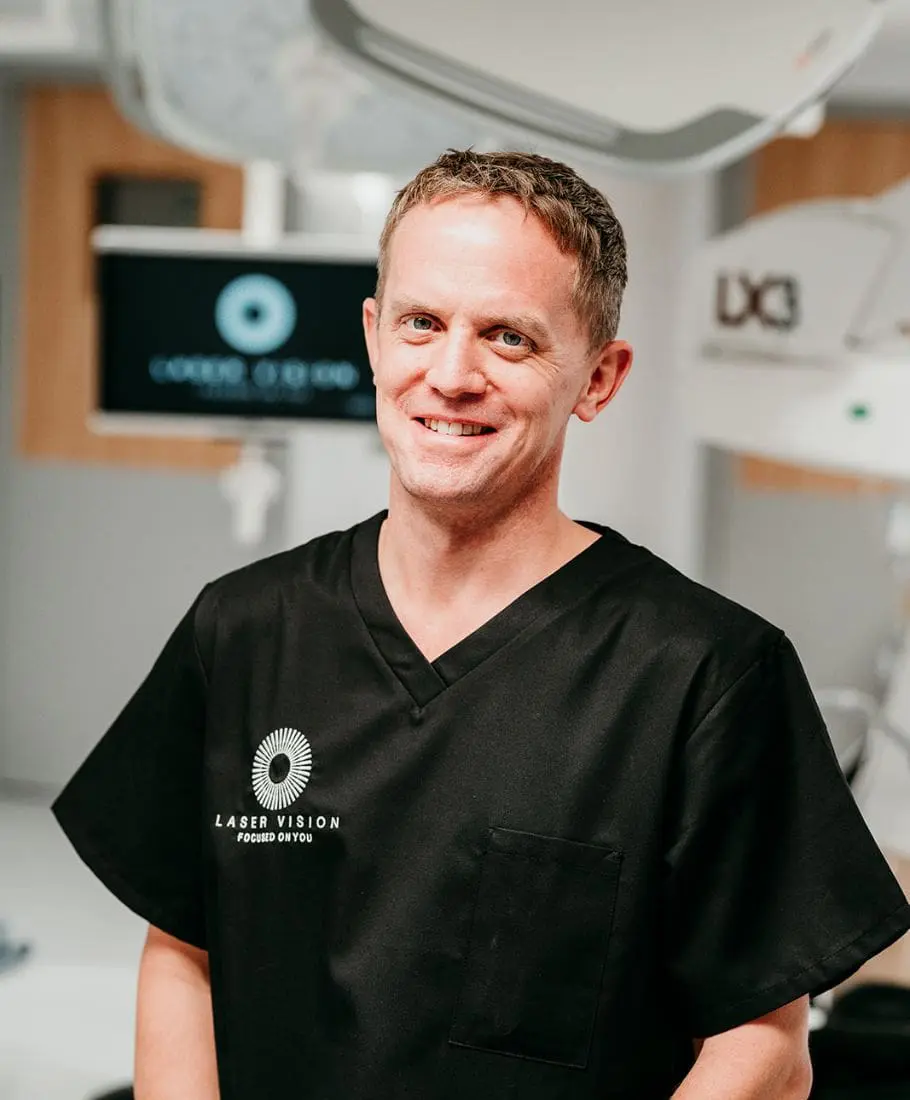
Treatment
Frequently asked questions
Who is suitable for this treatment?
LASEK and TransPRKprescriptions are suitable for short-sighted (myopic) and low near-sighted (hyperopic) . Following a detailed consultation and assessment, Mr Maycock will discuss which procedure is most appropriate for you.
Is this treatment safe?
It’s essential that your laser eye surgery is performed by a highly trained and experienced refractive surgeon, like Mr Maycock. The safety profile of surface laser treatments is similar to LASIK and will be discussed in detail during your clinic assessment.
Will it hurt?
The procedure is pain-free following topical anaesthetic drops administered preoperatively. There may be some discomfort and light sensitivity for the first few days following surgery but you will be given topical anaesthetic drops and oral analgesia to help during this period of the recovery.
When can I expect the final result?
The vision may be blurred for the first few days but usually improves rapidly over the following few weeks. All surface treatments produce similar outcomes in terms of final visual acuity.
Are there any side effects or risks?
The side effects and risks are similar to LASIK. Common, mild and transient side effects after laser eye surgery include dry eyes, blurred vision and night vision disturbances such as glare, haloes and starbursts. These usually settle by themselves shortly after treatment.
Testimonials
What our patients say...
Shining light.I have just had my second cataract removed, by Mr Nick Maycock. Having the new lenses has made an enormous difference already! Nick made me feel very comfortable and answered all my questions. The procedure was quick and painless. And at the end he assured me, all had gone well. In light of my experience, I would have no hesitation in recommending Nick Maycock to anyone who is in need of eye Surgery.
Mrs JC
Both my eyes (cataracts) were operated on by Mr. Maycock, who made me and my wife very comfortable at my consultation. He was very reassuring and explained the procedure extremely well. All throughout the procedure Mr. Maycock was explaining the process – and the result is amazing. Furthermore, as a retired Film/TV Cameraman my expectations were very high. Needless to say the result of the op has surpassed all expectations- and my eyesight is now better than ever. Mr. Maycock’s interaction is very professional and reassuring. I found the whole experience very rewarding.
Mr GM
It is now two days after my second cataract procedure and I am truly amazed to see clearly again. After the first operation, which was carried out carefully and efficiently, I was delighted, however, after the second operation, I feel that a lifetime of wearing glasses is likely to become a distant memory. I have to admit to being apprehensive about the procedure. Mr Maycock understood that taking time to summarise the procedure and to answer questions helped dispel my concerns. I am in awe of his technical skills and very grateful to him for his interpersonal skills. Excellent in every way.
Mr DC
Had cataract surgery on both eyes, in April and June of 2023. The results were/are amazing. The colour spectrum changed and the world is a brighter and more colourful place. My night vision improved dramatically and 30 years of wearing glasses is in the past. Excellent service and a painless procedure, efficiently carried out by Mr Maycock and the other staff at the centre. Definitely a 5 star service from all involved and highly recommended. My sincere thanks.
Mr TN
Treatments
Related Treatments
Treatment
LASIK
Laser eye surgery is the name given to a group of procedures designed to correct the eye’s refractive error and reduce dependence on glasses and contact lenses.
View Treatment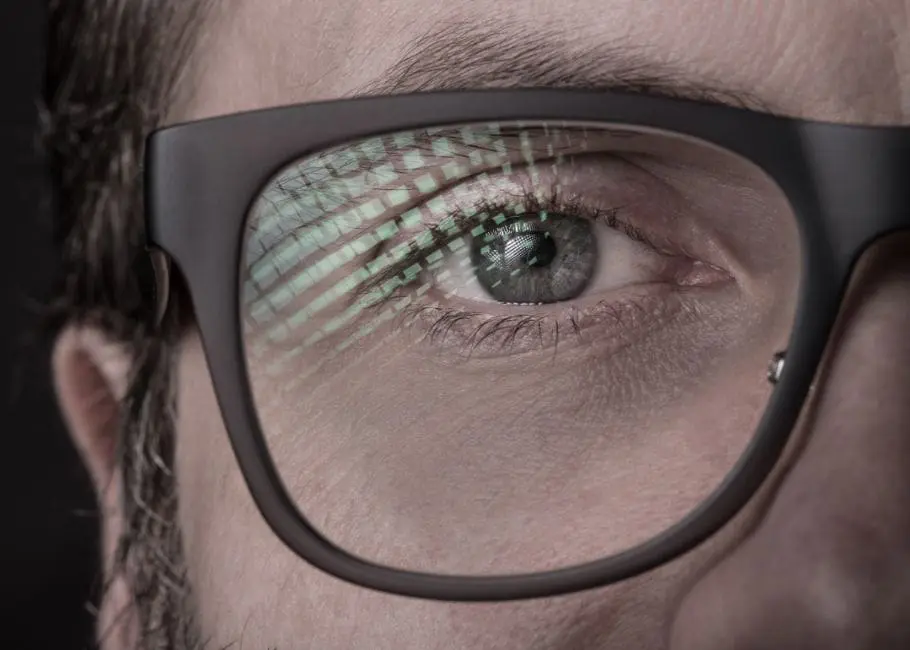
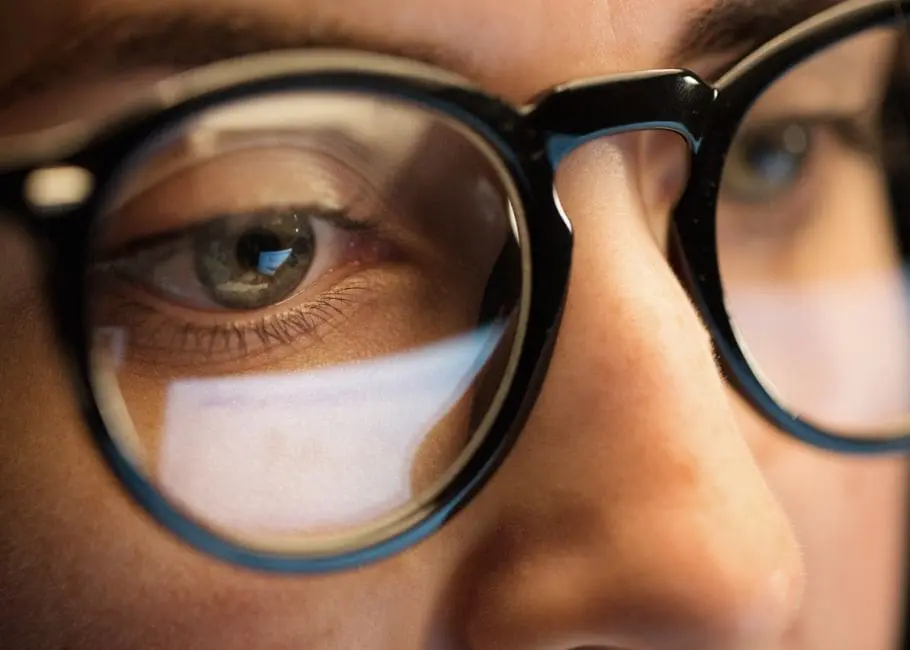
Treatment
IMPLANTABLE CONTACT LENS (ICL)
An implantable contact lens (ICL) is a specialist lens that is implanted in the eye between the iris and natural lens.
View TreatmentTreatment
DRY EYE TREATMENT – IPL
Around 50% of evaporative dry eye cases are caused by meibomian gland dysfunction (MGD), whereby certain factors disrupt the usual functioning of these glands.
View Treatment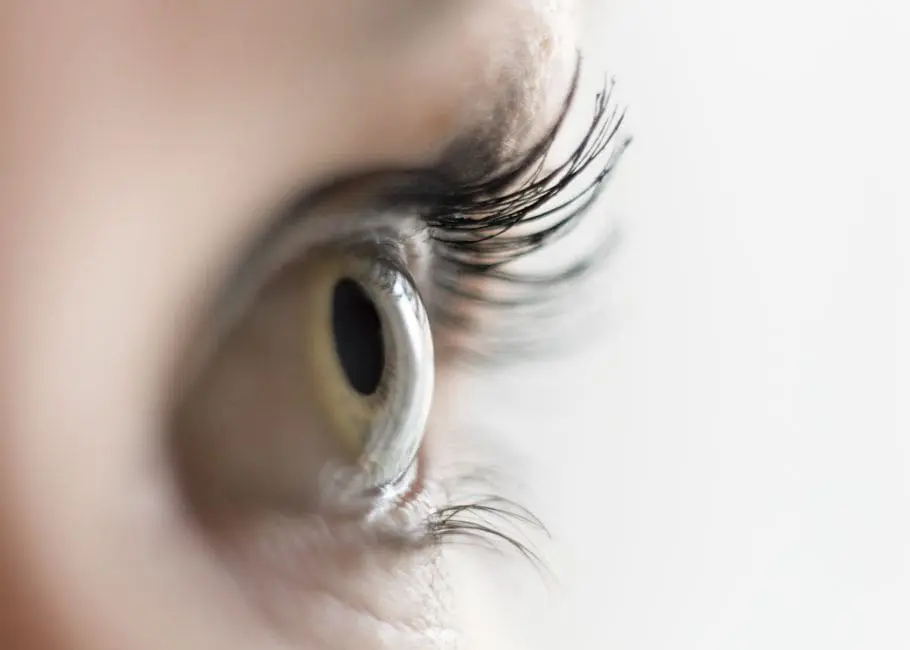

Treatment
LASIK
Laser eye surgery is the name given to a group of procedures designed to correct the eye’s refractive error and reduce dependence on glasses and contact lenses.
View Treatment
Treatment
IMPLANTABLE CONTACT LENS (ICL)
An implantable contact lens (ICL) is a specialist lens that is implanted in the eye between the iris and natural lens.
View Treatment
Treatment
DRY EYE TREATMENT – IPL
Around 50% of evaporative dry eye cases are caused by meibomian gland dysfunction (MGD), whereby certain factors disrupt the usual functioning of these glands.
View Treatment








